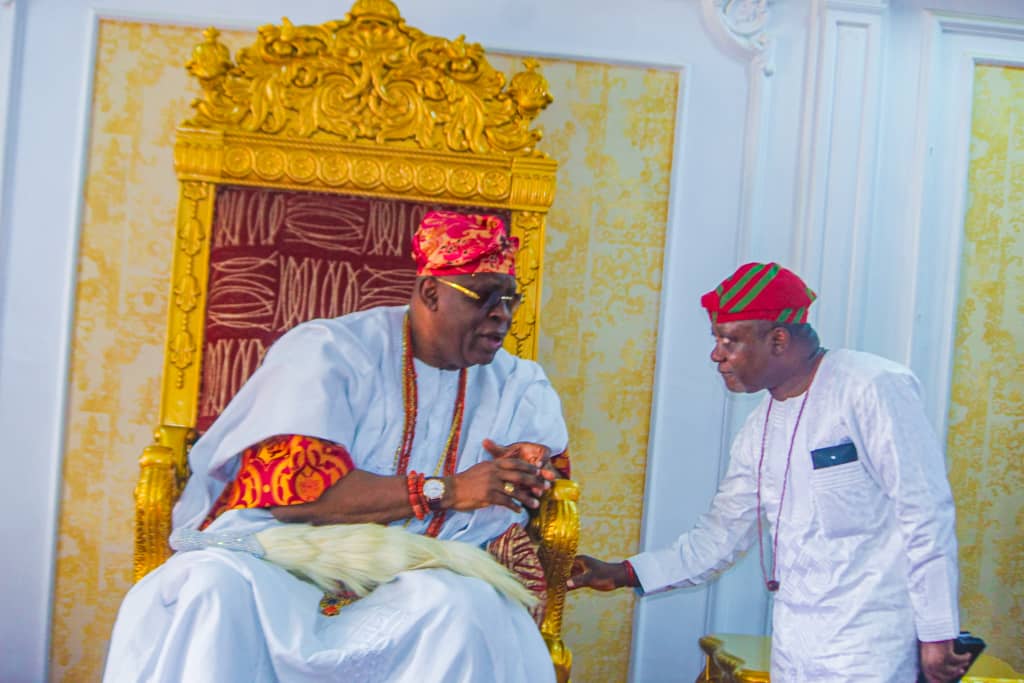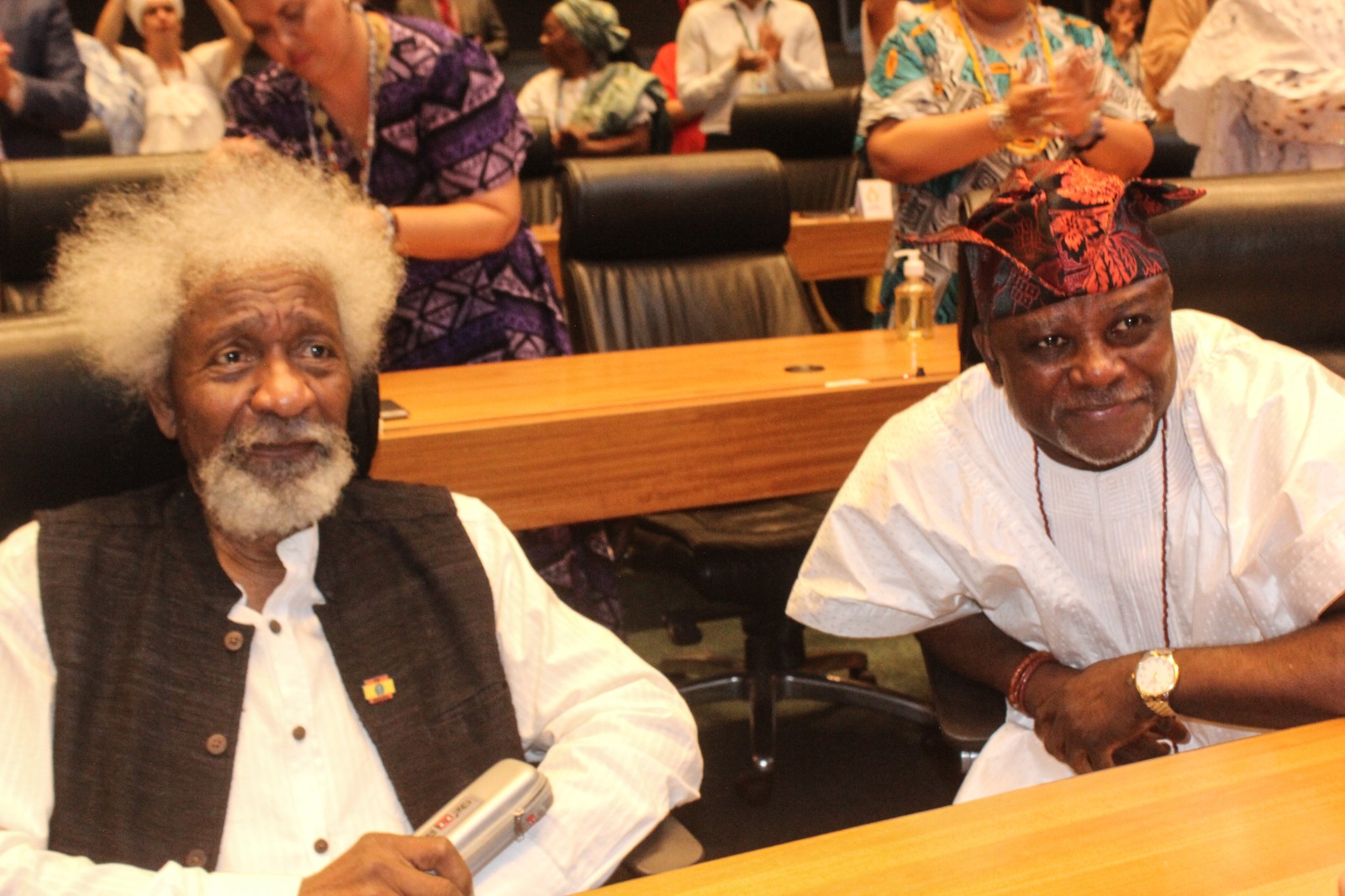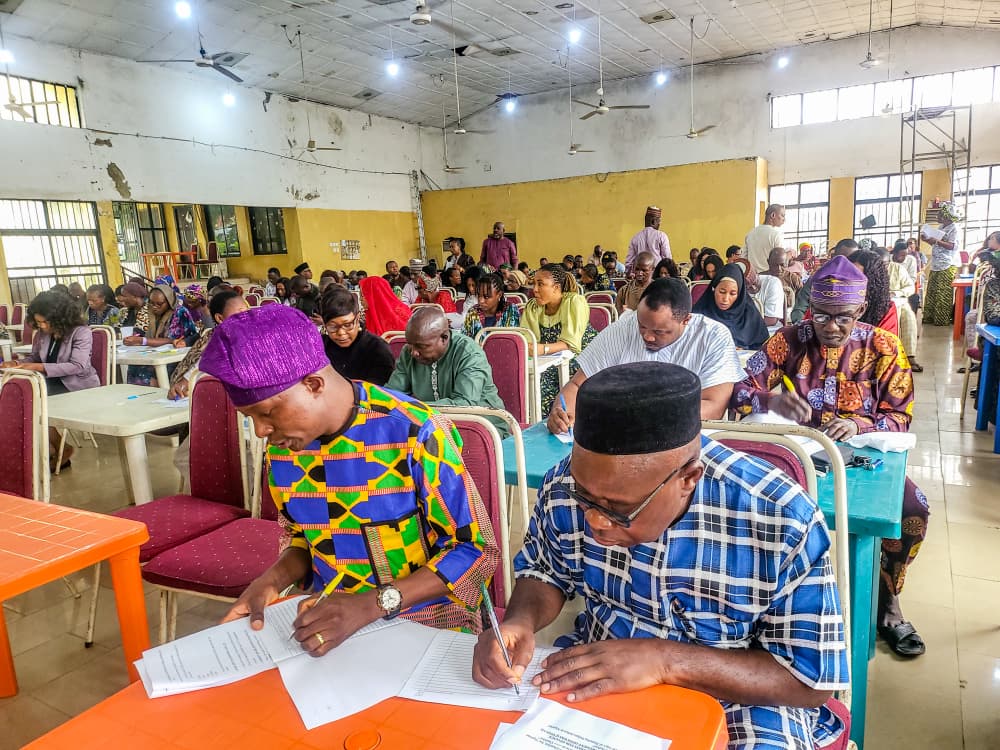The Executive Secretary of the National Institute for Cultural Orientation (NICO), Dr. Barclays Foubiri Ayakoroma, has stated that the introduction of Culture into the Nigerian educational system, at all levels, will go a long way in engendering national pride in the citizens.
Dr. Ayakoroma stated this in his office at NICO Headquarters, No. 23 Kigoma Street, Wuse Zone 7, Abuja, on Tuesday, January 22nd, 2013, while speaking to Nigerian Television Authority (NTA) reporter, Oku Ekpenyong.
The ES opined that culture, which is the totality of the way of life of the people, should be promoted and passed on to the future generation of Nigerians, especially the younger ones in schools, arguing that teaching children, the up-coming generation, the culture, languages, foods, dresses, hairstyling, dances, folklore, myths, legends, and so on, would make them to be in-touch with the way of life of the communities where they come from.
According to him, this was necessary to check the lack of interest in our culture, because today, if you ask most children certain things about our history and people, they would not know because all these things h ave been left unattended to, especially in the educational system, stressing that the introduction of Culture, as a course, in the school system will go a long way in making children to learn about Nigeria, the people, places, and events that had taken place in the past.
ave been left unattended to, especially in the educational system, stressing that the introduction of Culture, as a course, in the school system will go a long way in making children to learn about Nigeria, the people, places, and events that had taken place in the past.
Dr. Ayakoroma said this was very important, because when children do not learn about their history, their legends, folklore, proverbs, and aphorism, they are lost; and that presently, we have a serious situation on our hands, where our children do not speak the indigenous languages, but that through the introduction of Culture in the school system, they will develop interest about who they are, where they come from, and where they are going.
On whether the introduction of Culture in the school system would change anything in the country, the NICO boss said, “it would bring about a lot of positive changes in our psyche as Nigerians; we are going to have cultural pride in the way we dress and speak, as well as the way we do other things, because, presently, if you tell your children to wear cultural attires, they will look at it as being odd.”
Citing an encounter he had in Paris recently, Ayakoroma said: “A white man saw me dressed in Woko, (what is popularly referred to here as Goodluck Jonathan), and he said to me, ‘You must be a chief from Nigeria;’ and I said: ‘Yes, how do you know that?’ He told me, ‘Well, I’m an honorary chief from Nigeria and I wear all of these.’”
He stated therefore that, associating with our culture gives us ethnic identity and national pride, and that, “if we, as a people, have that culture-contact and are not removed from our various cultures, we will have that sense of pride as Nigerians, because our culture is in everything we do: our foods, dresses, dances and languages;” and therefore urged Nigerians to be proud to associate with our culture and discard the idea of looking at anybody, who embraces a cultural way of life as not being civilized.
Away from culture, when asked the lessons Nigerians have learnt from the swearing-in ceremony of President Barak Obama of the United States of America, the NICO ES stated that, Nigerians should embrace the philosophy of former elder statesman, late Mallam Aminu Kano, who advocated the philosophy of “Politics without Bitterness;” and called on Nigerian politicians to learn from the American scenario, where party politics ends with the elections and the country’s interest becomes paramount once a winner is declared, with all citizens, even from the opposition parties, coming together to join hands and work collectively for the progress and development of the country.
Jonathan N. Nicodemus
Corporate Affairs


